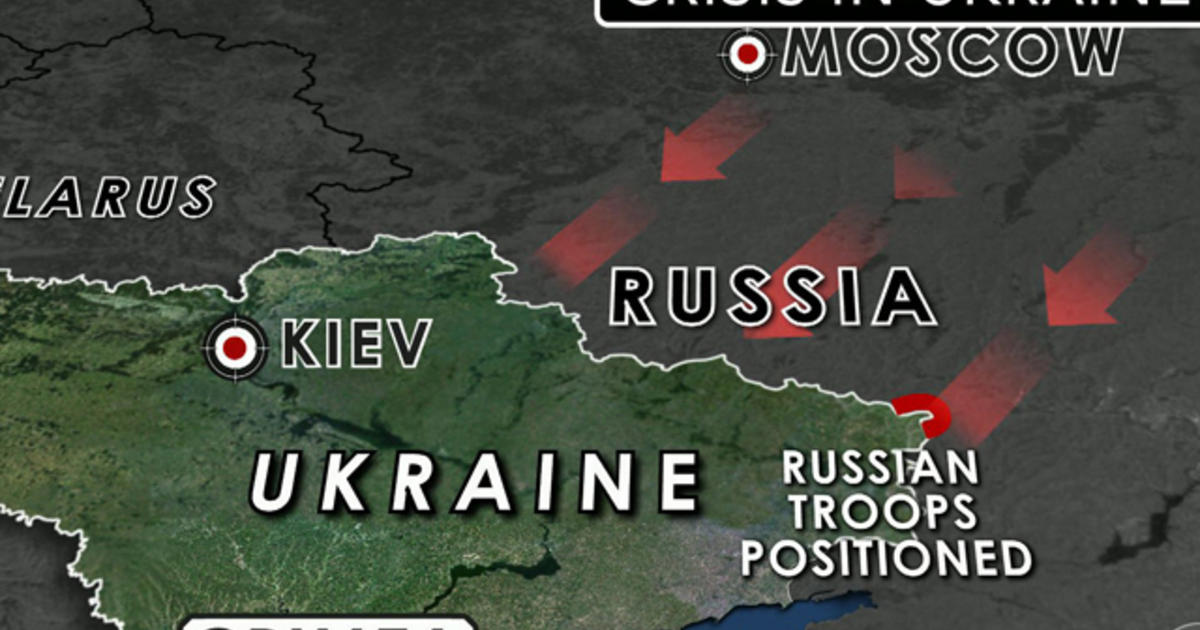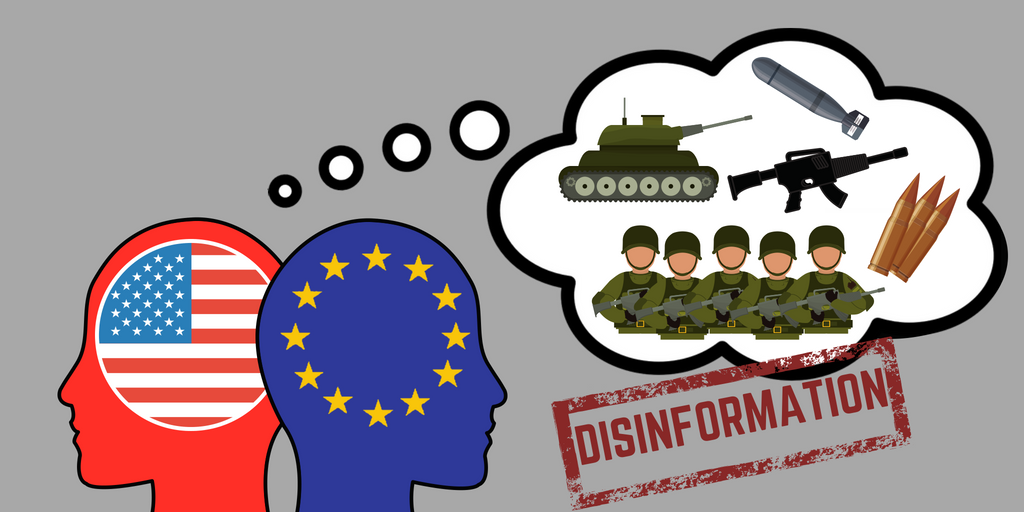
With the Root Causes of Conflict Unresolved,
The Situation Is as Dangerous as Ever
Paul Robinson / RT News
(February 16, 2022) — Despite weeks of predictions and speculation, the much-touted invasion of Ukraine has failed to appear, leaving Western officials with a lot of egg on their faces. But Russia can hardly call the outcome of the crisis a success, when the issues behind it remained unresolved.
Russia was meant to have invaded Ukraine on Tuesday. Or was it Wednesday? The media couldn’t quite make up its mind, with some outlets predicting one and others the other, all based on tip-offs from anonymous American, and occasionally British, officials.
The White House refused to name a specific date, limiting itself to a prediction that the invasion could happen at almost any time, while the British government said Russian bombs could start falling “within minutes” of the order being given. Parallels with claims some 20 years ago that Iraqi chemical weapons were at 45-minutes readiness sprung inevitably to mind.
Embarrassingly for all involved, not only has the promised invasion failed to appear, but news reports on Tuesday indicated that Russian troops were returning to base after completing military exercises. Furthermore, Russian Defence Minister Sergey Shoigu flew to Syria on Tuesday to observe naval exercises, a very odd thing to do if he’s planning to attack Ukraine. It would appear that the invasion is off.
Not that it was ever on in the first place. For several weeks, Russian officials have been vociferously denying that an invasion was in the offing, while the idea was roundly mocked as “hysteria” on Russian state TV, including by those who are often deemed “Kremlin propagandists,” such as talk show host Vladimir Solovyov.
As some wags joked, the whole world expected war between Russia and Ukraine, with the exception of two countries – Russia and Ukraine.
Also on Tuesday, Russian President Vladimir Putin appeared to reject a plea by the lower house of the Russian parliament, the State Duma, to recognize the independence of the rebel Donetsk and Lugansk People’s Republics in Donbass in eastern Ukraine.
While he denounced what was happening in Donbass as “genocide,” he also said that everything should be done to end the war there by fulfilling the terms of the 2015 Minsk 2 agreement, which would see Donbass reintegrated within Ukraine with significant autonomy. This approach is hardly compatible with a full-scale military assault on Ukraine and indicates that Putin continues to look for a diplomatic solution.
It’s not clear, though, that Russian diplomacy is achieving very much. The Kremlin can perhaps take some consolation from the fact that the fear of war has forced the United States to sit down and discuss Russia’s security concerns, and even make a few minor concessions.

For instance, having withdrawn from the Intermediate Range Nuclear Forces treaty, the US is now talking about new negotiations to limit nuclear weapons of this type. That said, Russian Foreign Minister Sergey Lavrov has noted that the American response to Russian proposals has been unsatisfactory and that both the US and its European partners are not prepared to meet Russia’s basic demands, such as halting NATO’s eastward expansion.
Added to that, implementation of the Minsk agreement seems no closer. It is perhaps possible that the recent crisis has persuaded some in Western governments to pressure Kiev to make the required concessions. However, there is no obvious evidence of this, and recent talks on the issue in what is known as the “Normandy format” were a failure.
Worse, Western states have responded to the alleged Russian military build-up by sending more and more weapons to Ukraine. This may well have strengthened the Ukrainian government’s resolve not to compromise. Kremlin spokesman Dmitry Peskov commented this week that “there is a threat and it’s very high, higher than before” of a Ukrainian attack on Donbass. If Russia has, as some think, been engaged in a form of coercive diplomacy, it doesn’t seem to have achieved its objectives.
It’s hard, therefore, to say that Russia has come out of the crisis stronger than it went in. The same could be said of Western states, particularly those who have played the leading role in stoking up the fear of war – the US and the UK. The confident predictions of imminent invasion that have come out of the mouths of American and British officials have turned out to be false. Moreover, the panicked flight of Western diplomats from Kiev has made them look rather pathetic, while also making it clear that their commitment to Ukraine is decidedly weak.
Overall, the effect of recent events will be to further undermine trust in Western governments and intelligence agencies, as well as in the media that repeat the dubious claims of often unnamed “officials.” The hysteria that has come out of Washington and London is deeply damaging to their future credibility.
As Russian Foreign Ministry spokesperson Maria Zakharova noted, February 15, 2022 (the day the predicted invasion failed to happen) “will go down in history as the day Western war propaganda failed.” The West had been “shamed and destroyed without firing a shot,” she said.
As for Ukraine, it can point to the additional military support it has received as a bonus, but the new weapons will do next to nothing to help it withstand a full-fledged Russian attack. It has become abundantly clear that there are very strict limits as to what the West is willing to do to support it.

Furthermore, the panic induced by US and British predictions of impending war have had a damaging effect on the Ukrainian economy. Foreign investors, who were probably already dubious about placing their money in Ukraine, will be thinking twice or thrice before doing so from now on.
It’s also obvious that Ukrainian policy towards Donbass is at an impasse. It refuses to implement the Minsk agreements but also cannot resolve the problem by force. Putin’s reference to genocide makes it clear that he takes the job of protecting the people of Donbass seriously. War between Russia and Ukraine would therefore appear to be off the cards for now, but should the Ukrainian government ever try to retake Donbass by force, a violent response by the Russian Army may be expected.
This means that as long as the conflict in Donbass continues, the possibility of war remains, and Russia will likely keep a large number of troops within close striking distance of Ukraine. Consequently, we may expect more war scares in the future. Unfortunately, this story is far from over.
The statements, views and opinions expressed in this column are solely those of the author and do not necessarily represent those of RT.
Paul Robinson is a professor at the University of Ottawa. He writes about Russian and Soviet history, military history and military ethics, and is author of the Irrussianality blog.
Posted in accordance with Title 17, Section 107, US Code, for noncommercial, educational purposes.